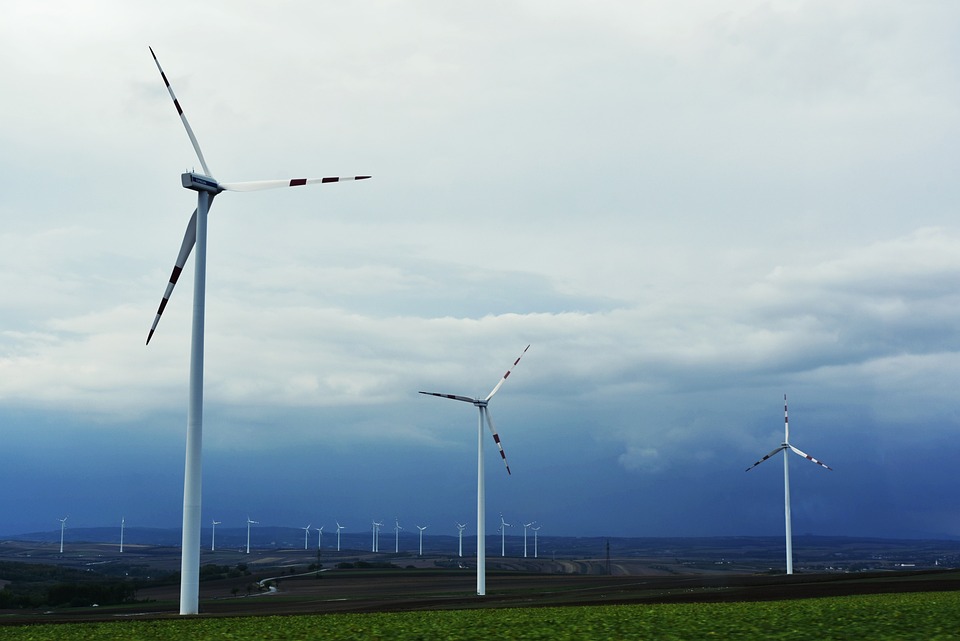Introduction
Renewable energy has become an increasingly important part of the global energy mix, as countries strive to reduce their reliance on fossil fuels and mitigate the effects of climate change. However, the integration of renewable energy sources into the grid poses significant technical and logistical challenges. In this article, we will explore the cutting-edge technologies that are helping to overcome these challenges and enable a more sustainable energy future.
Advanced Weather Forecasting
Accurate weather forecasting is critical for predicting energy demand and optimizing the integration of renewable energy sources into the grid. Advanced weather forecasting technologies, such as artificial intelligence (AI) and machine learning (ML), are being used to improve the accuracy of weather forecasts and enable more efficient energy management.
Benefits of Advanced Weather Forecasting
- Improved energy demand forecasting
- Enhanced grid stability
- Increased use of renewable energy sources
Grid Management Systems
Grid management systems are the backbone of modern energy infrastructure, enabling the efficient transmission and distribution of electricity. Advanced grid management systems, such as those using AI and ML, are being developed to optimize energy distribution and reduce energy losses.
Benefits of Advanced Grid Management Systems
- Improved grid stability
- Enhanced reliability
li>Increased efficiency
Energy Storage Systems
Energy storage systems are critical for enabling the widespread adoption of renewable energy sources. Advanced energy storage systems, such as those using lithium-ion batteries and flow batteries, are being developed to provide reliable and efficient energy storage.
Benefits of Advanced Energy Storage Systems
- Improved grid stability
- Increased use of renewable energy sources
- Enhanced reliability
Smart Grids
Smart grids are the next generation of energy infrastructure, enabling the efficient and reliable distribution of electricity. Advanced smart grid technologies, such as those using IoT and blockchain, are being developed to optimize energy distribution and reduce energy losses.
Benefits of Smart Grids
- Improved grid stability
- Increased efficiency
- Enhanced reliability
Conclusion
In conclusion, cutting-edge technologies are playing a critical role in the integration of renewable energy sources into the grid and the development of a more sustainable energy future. Advanced weather forecasting, grid management systems, energy storage systems, and smart grids are just a few examples of the technologies that are helping to overcome the challenges of renewable energy integration and enable a more efficient and reliable energy system.
FAQs
Q: What is the role of advanced weather forecasting in renewable energy integration?
A: Advanced weather forecasting is critical for predicting energy demand and optimizing the integration of renewable energy sources into the grid.
Q: How do advanced grid management systems improve energy distribution?
A: Advanced grid management systems use AI and ML to optimize energy distribution, reduce energy losses, and improve grid stability.
Q: What are the benefits of advanced energy storage systems?
A: Advanced energy storage systems provide reliable and efficient energy storage, enabling the widespread adoption of renewable energy sources.
Q: How do smart grids improve energy distribution?
A: Smart grids use IoT and blockchain to optimize energy distribution, reduce energy losses, and improve grid stability.


_2.png?w=150&resize=150,150&ssl=1)
_1.png?w=150&resize=150,150&ssl=1)

_1.png?w=150&resize=150,150&ssl=1)
_1.png?w=150&resize=150,150&ssl=1)
